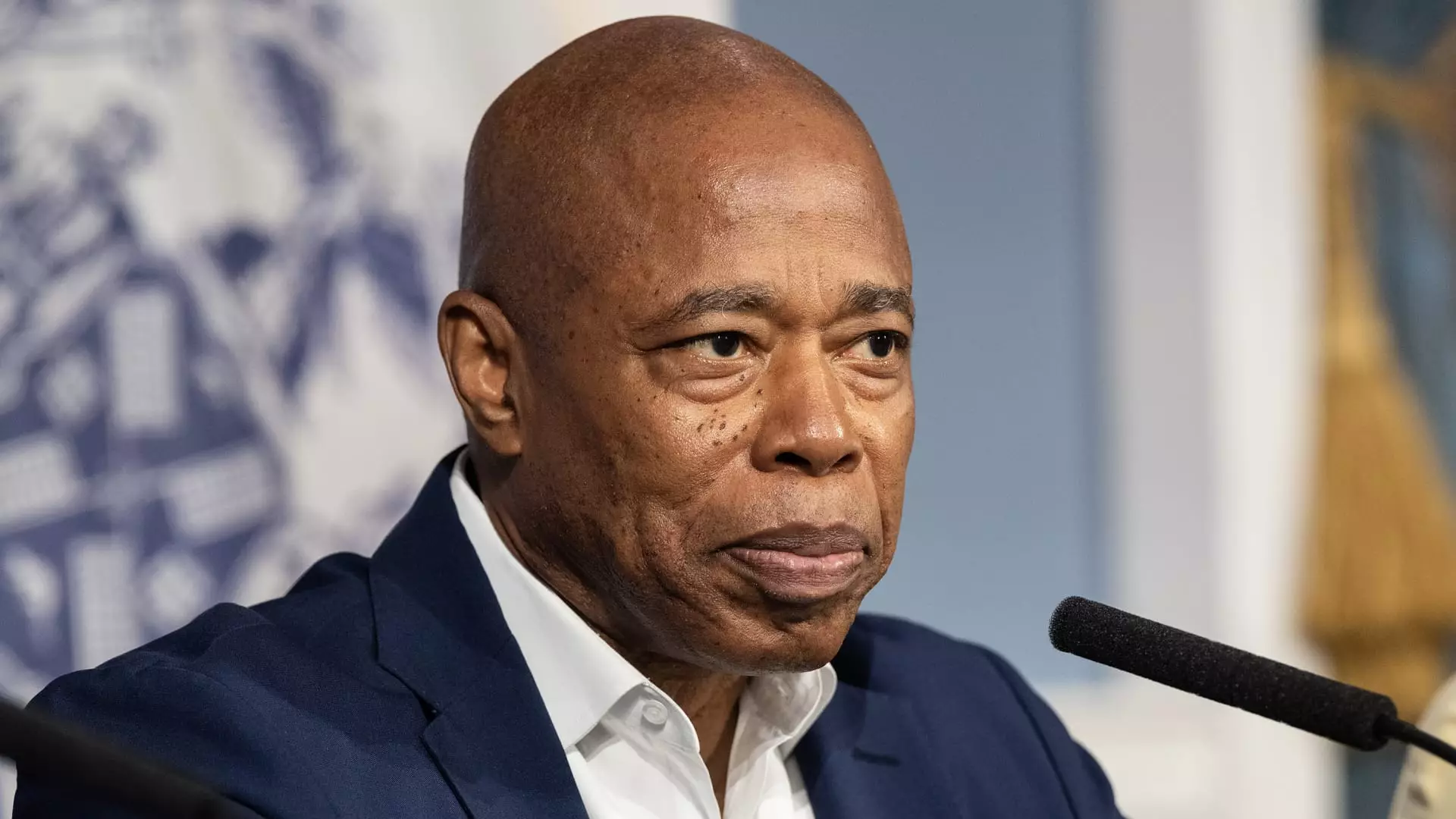The recent statements made by President-elect Donald Trump regarding a potential pardon for New York City Mayor Eric Adams have sparked considerable debate. Trump’s comments, made at his Mar-a-Lago resort, indicate an intriguing intersection of politics and legal affairs, particularly as they relate to the contentious nature of contemporary governance. With Adams facing federal corruption charges, the notion of a pardon raises questions about the motivations behind such discussions and the implications for both Trump and Adams in the political landscape.
Eric Adams, the Democratic mayor of New York City, has pleaded not guilty to serious allegations that have the potential to tarnish his political career. Accusations of accepting gifts from affluent foreign individuals, including luxury travel, paint a troubling picture of ethical boundaries being tested. The charges don’t stop there; they also entail conspiracy concerning unlawful campaign contributions tied to his 2021 electoral endeavors. The breadth of these allegations underscores a possible web of impropriety that, if proven, could lead to significant repercussions for the mayor, amplifying the scrutiny surrounding his administration.
Trump’s Take on Political Motivations
In his remarks, Trump hinted at the possibility that such legal action could be steeped in political motivations. His assertion about Adams challenging the status quo concerning migration issues suggests that the federal charges might be an extension of political retaliation rather than purely legal accountability. This brings into focus the delicate balance between political dissent and legal action, particularly in an era where partisan divisions run deep. The former president’s lighthearted prediction of Adams’ indictment raises eyebrows—was it merely a jest, or did Trump perceive an underlying veracity to the potential legal threats Adams might face?
Should Trump decide to pursue a pardon for Adams, the implications would be significant. A pardon could be seen as a political maneuver, perhaps an olive branch towards a fellow politician who has criticized the Biden administration’s immigration strategies. This potential act could either be perceived as a genuine expression of support or a strategic play to bolster Trump’s political capital among discontented Democrats. The notion of partisans supporting one another’s political survival reflects a complex and often convoluted relationship between ethics, justice, and political expediency in American governance.
Amidst these serious accusations, Adams has claimed he is not in communication with the Biden administration regarding a pardon, further emphasizing the isolation that comes with facing federal charges. His distress over perceived persecution highlights the difficult landscape in which contemporary politicians operate, where allegations can lead to substantial political fallout, regardless of their validity. By spotlighting alleged targeting due to political statements, Adams is thrust into a narrative of victimization that complicates the public’s perception of both his administration and Trump’s potential intervention.
The discourse surrounding Trump’s contemplation of a pardon for Mayor Adams not only underscores the precarious nature of political alliances but also invites scrutiny of the mechanisms of power, accountability, and retaliation in governance. As events unfold, both Trump and Adams will have to navigate a highly politicized environment that could redefine their respective legacies in a world where ethics and politics are often at odds.

